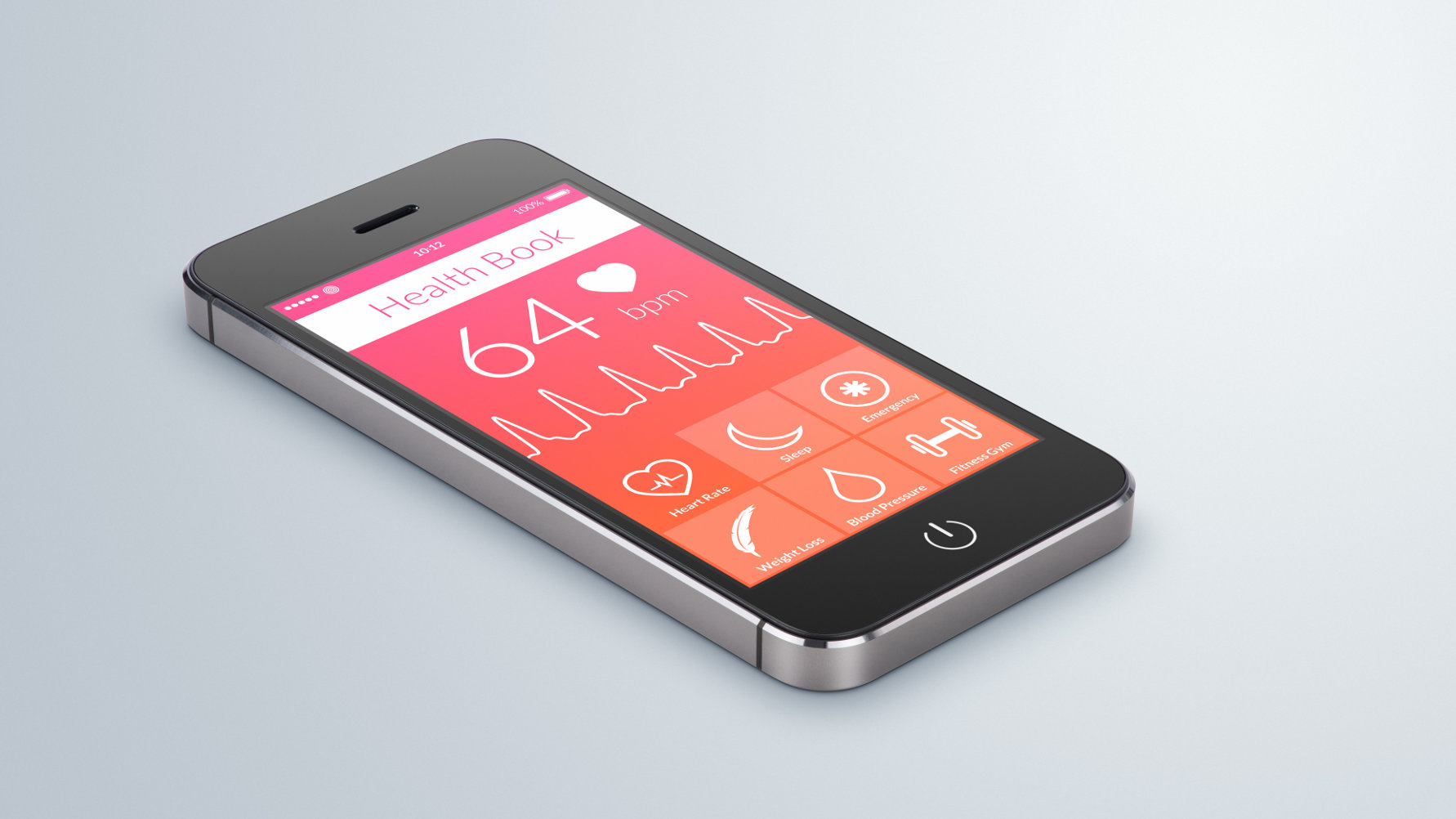Fitness Devices Won’t Be Taken Seriously By Physicians without FDA Approval

Fitness trackers have made it into the consumer space, but they’ve been struggling to make an impression in the doctor’s office. Indeed, medicine could benefit from what technology has to offer, so why aren’t fitness bands being used by physicians? Amy Standen from NPR sat down with a few doctors to find out the answer.
Dr. Paul Abramson is no stranger to fitness wearables, but the proliferation of these devices gives him pause. He confesses that the amount of data his patients bring him—pages and pages of daily heart-rate levels, sleep measurements, and steps taken–is overwhelming. There may be a wealth of data, but trying to extract meaning from so many data points isn’t feasible for one physician, he said in an interview with Standen.
Fitness devices have been trying to insert themselves in the doctors office—it’s the next logical step. Dr. Michael Blum, a cardiologist at the University of California, says he gets pitched by entrepreneurs on a near-daily basis.
“Their perspective is, ‘You old doctors have kept things the same as they are for 50 years. We’ve got new technology and it’s going to disrupt health care.'”
But doctors, like Blum, are wary to take these devices in without the FDA’s approval. Studies need to be conducted on a product’s accuracy and ability to provide safe, meaningful information to the medical industry. So, without further research these gadgets are nothing more than trendy accessories to doctors.
It’s important to note, though, that the FDA refers to these fitness wearables as “low-risk devices.” Things that are meant for personal wellness and stress management, and the FDA has no intention of regulating them—only diagnostic devices meant to treat and manage disease.
In order for fitness devices to be taken seriously by the medical industry, companies are going to have to take extra steps to ensure patient confidentiality and accuracy. It means taking part in the conversation through research. As of now, fitness wearables are still want to dabble in the consumer market, helping those who can afford one track their steps, heart-rate, and sleep patterns. But if fitness wearables really want to make an impression in the health industry, companies will have to brush up on FDA and HIPAA standards. However, that road would mean giving up on data collection (and the possibly of reselling that information) and building encryption into their systems and devices.
Sleep tracking and heart-rate analysis aren’t innovations. What could be is a fitness tracker that releases after its been through clinical trials and complies with FDA and HIPAA standards. But it’s a lot of work that young start-ups can’t afford or don’t want to waste time doing.
Read more at NPR
Photo Credit: Shutterstock





